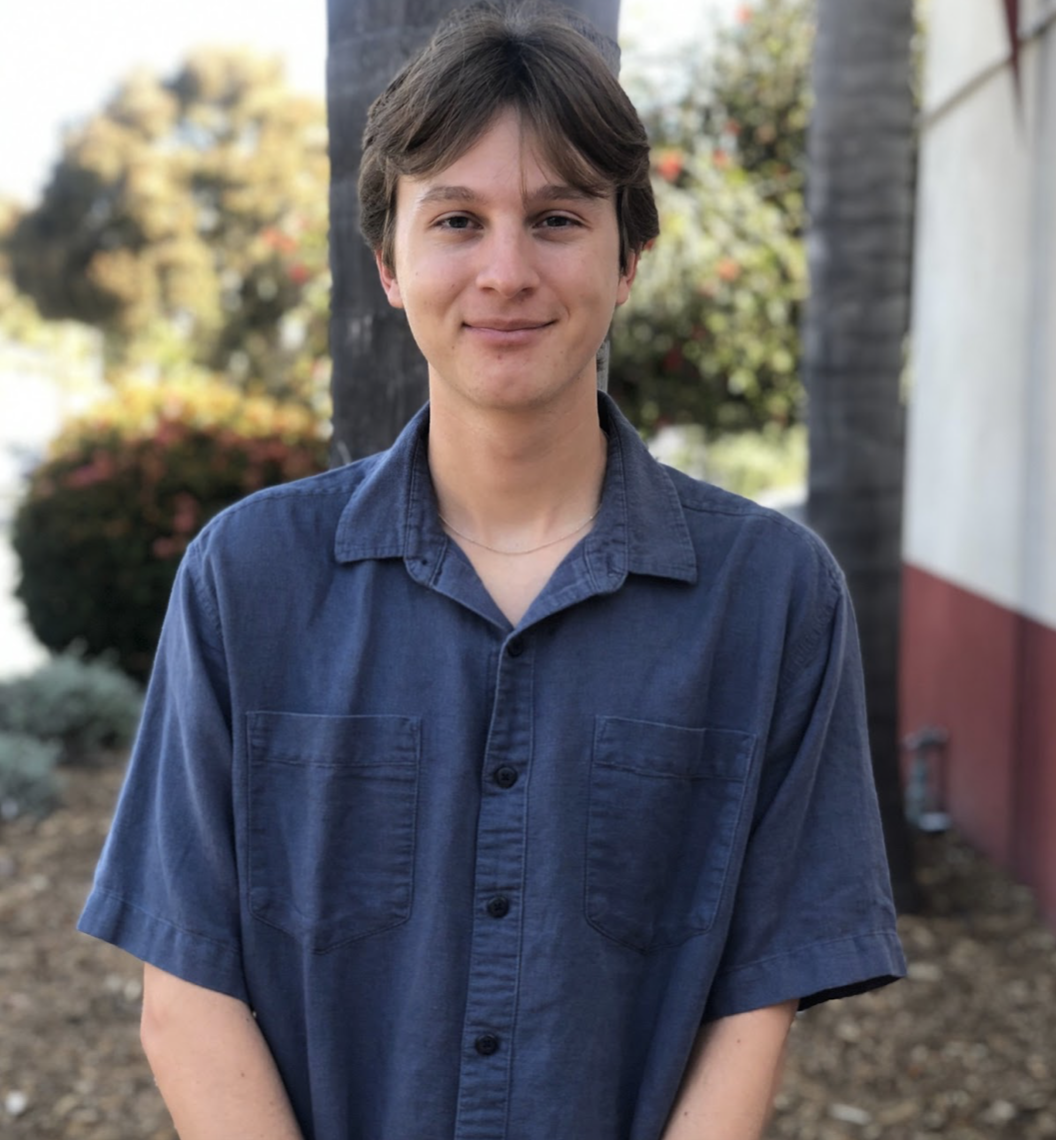Preconceived Notions of Positive Psychology — Josh Oberst
“Positive Psychology is a narrow field of psychology that strictly focuses on the warm and delightful aspects of the human experience.” Prior to taking CNCSP 112, Positive Psychology Across the Lifespan, this is what I would have expressed if I had been asked to define the core tenants of the discipline. As an aspiring clinician, I almost felt as if the traditional medical model had been instilled into my mind as the only scientific way to approach any potential psychological deviances. However, CNCSP 112 taught me about the work of Dr. Barbara Fredrickson and the importance of context when considering how to apply positive psychology principles in a way that properly aligns with the history of the field. For instance, Dr. Fredrickson’s Broaden and Build Theory serves as a framework that I now utilize in my everyday life. It is no secret that undergraduate life presents an unforeseen amount of adversities; overtime, with the Broaden and Build Theory in mind, I am able to keep a mental “toolbox” of activities in my repertoire that cultivate increases in my psychological well-being despite experiencing hardship. Additionally, the CNCSP 112 course did not refrain from highlighting the importance of harmful contexts when it comes to implementing approaches rooted in the ideas of positive psychology. From the beginning, the course acknowledged the dark sides of life while simultaneously placing an emphasis on growing the psychological resources an individual already has at hand. Ultimately, CNCSP 112 was a unique and eye-opening psychology course that illuminated an alternative way for fostering optimal human functioning that appears to have implications in the realm of psychotherapy and psychology as a whole.
Josh is a third year undergraduate at UCSB with a major in Psychological & Brain Sciences with a minor in Applied Psychology. His current research interests include the effects of mindfulness practices on creativity and more broadly the field of evolutionary psychology.
